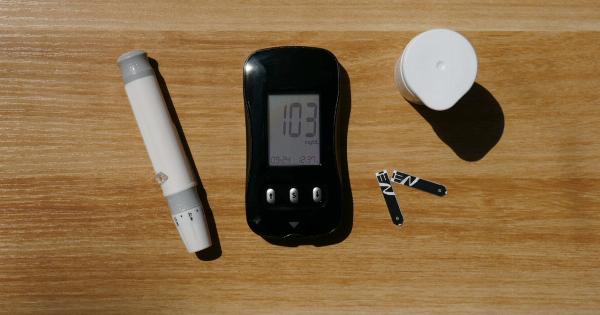Music has been an integral part of human societies since the dawn of civilization. Not only does it entertain us, but it also affects our emotions, cognition, and physical wellbeing.
Recent studies have focused on the effect of music on cardiovascular health and have come up with interesting results. This article will explore the current state of research on the topic and summarize the findings.
Music and Cardiovascular Health
The human cardiovascular system is responsible for the proper functioning of the heart and blood vessels. Cardiovascular diseases are among the leading causes of death worldwide.
Therefore, any intervention that can improve cardiovascular health is worth investigating.
The Effect of Relaxing Music on Blood Pressure
Studies have shown that listening to relaxing music can lower blood pressure in hypertensive patients.
For instance, a randomized controlled trial of 60 patients with hypertension found that listening to classical, Celtic, or Indian music for 30 minutes daily for four weeks resulted in a significant reduction in both systolic and diastolic blood pressure compared to a control group.
The Effect of Music on Heart Rate Variability
Heart rate variability (HRV) is the variation between successive heartbeats and is a measure of autonomic nervous system activity. A high HRV is associated with better cardiovascular health.
Recent studies have found that listening to music, especially slow and calming music, can increase HRV and improve parasympathetic activity, which is responsible for relaxation.
The Role of Music in Lowering Stress Levels
Stress is a known risk factor for cardiovascular diseases. Chronic stress can lead to higher blood pressure, increased heart rate, and blood vessel damage.
Research has established that listening to music can have a calming effect and reduce stress levels. A study of patients undergoing cardiac surgery found that those who listened to music before and after the procedure had lower anxiety and stress levels and needed less pain medication than those who did not listen to music.
The Effect of Music on Exercise Performance
Regular exercise is one of the most effective ways to improve cardiovascular health. Recent studies have explored the role of music in enhancing exercise performance.
A meta-analysis of 24 studies found that listening to music during exercise improved performance by increasing endurance, reducing perceived effort, and enhancing mood and motivation.
The Role of Music in Rehabilitation
Rehabilitation is an essential part of recovery after a cardiovascular event such as a heart attack or stroke. Music therapy has been shown to be a useful adjunct to traditional rehabilitation programs.
A systematic review of 15 randomized controlled trials found that music therapy helped improve cardiovascular health outcomes such as lower heart rate, blood pressure, and anxiety levels.
The Effect of Music on Sleep Quality
Good sleep quality is essential for cardiovascular health. Inadequate sleep has been linked to an increased risk of hypertension, heart disease, and stroke. Recent studies have investigated the role of music in improving sleep quality.
A randomized controlled trial of 94 elderly patients found that listening to relaxing music for 45 minutes before bedtime improved sleep quality and duration compared to a control group.
The Potential Mechanisms Behind the Effect of Music on Cardiovascular Health
The exact mechanisms behind the effect of music on cardiovascular health are not fully understood. However, there are several hypotheses.
One is that music can activate the parasympathetic nervous system, which is responsible for relaxing and calming the body. Another is that music can affect the release of hormones such as cortisol and melatonin, which can affect blood pressure and heart rate. Finally, music can modulate the autonomic nervous system, which controls heart rate variability.
Conclusion
The effect of music on cardiovascular health is an exciting area of research that has yielded promising results.
Listening to relaxing music can lower blood pressure, improve heart rate variability, reduce stress levels, enhance exercise performance, aid rehabilitation, and improve sleep quality. Further research is needed to understand the mechanisms behind these effects and to develop targeted interventions for patients with cardiovascular diseases.





























